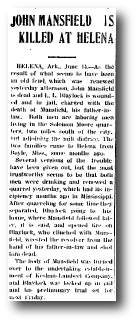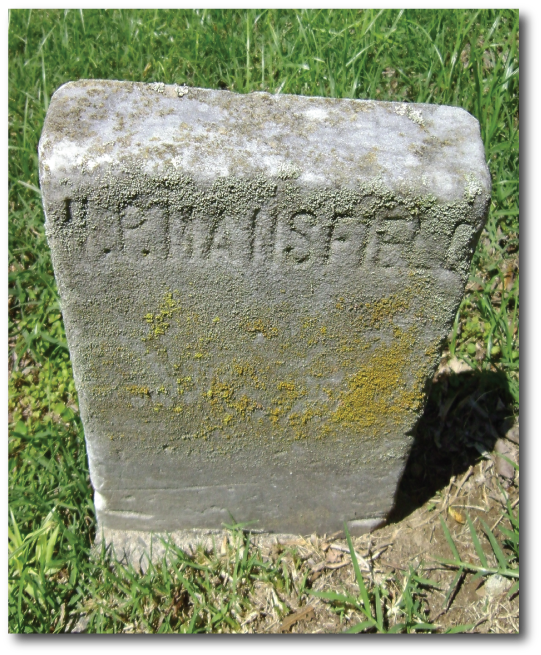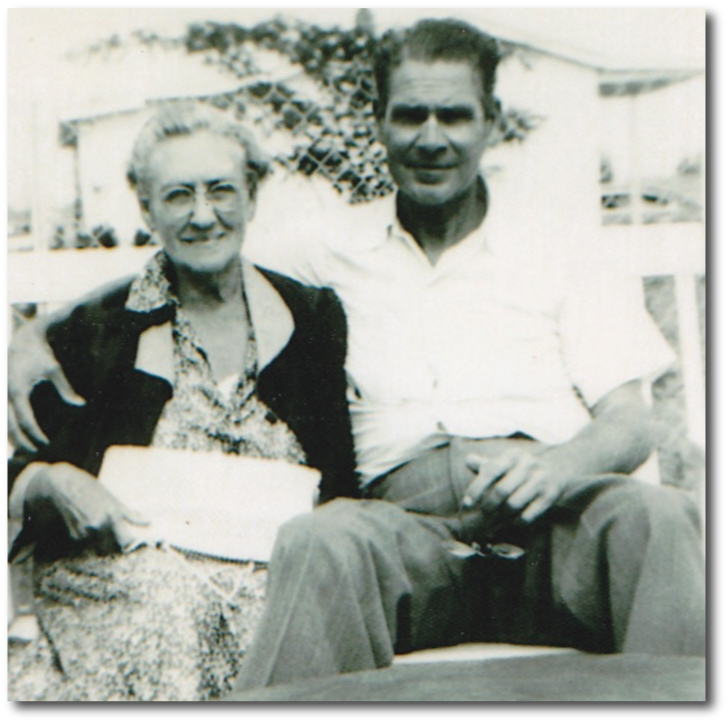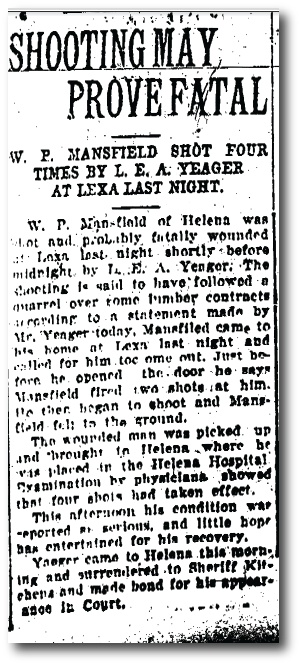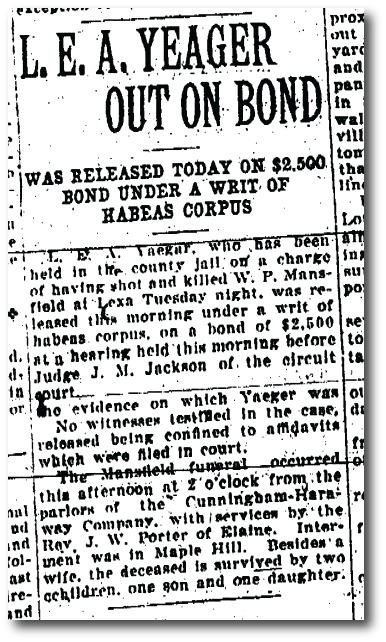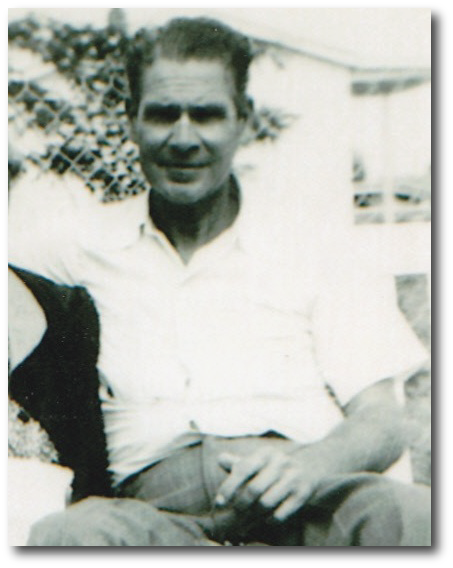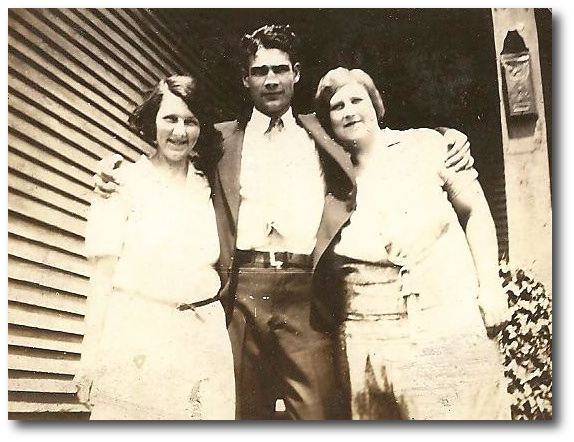Accordance Bible Software v. 10: Modern Look with More Power
 Monday, August 20, 2012 at 6:49AM
Monday, August 20, 2012 at 6:49AM I've been a user of Accordance Bible Software since 1998. After reading a review about Accordance at that time, I was finally persuaded to make the move from Windows to Macintosh. More than any other program, Accordance has kept me on the Macintosh these past 14 years.
However, even though OakTree Software has continued to steadily improve Accordance, and even though I've still believed it was the most powerful Bible software on any platform, like a lot of users, I felt that the Accordance interface was becoming a little bit long in the tooth. Accordance came from a Mac era in which the floating palette was king. This started with the apps that shipped with the original 1984 Mac, and the basic interface was galvanized in its adoption by companies like Adobe (and Aldus, before they were bought by Adobe). And yet, Mac programs have gradually changed over the years. Palettes have either become integrated into a program or they've been totally replaced by toolbars within the main windows. The average contemporary Mac application takes its cues (for better or worse) from iTunes, in which monochrome icons adorn the top of an integrated window with a library of content against a light blue background on the left.
When I first learned of the changes planned for Accordance 10 with its integrated main window, I had to admit that I was a bit worried. I've heard new users to Accordance express frustration over understanding the interface which can be daunting. Yes, software should be intuitive, but powerful software (of any kind) always has a learning curve. Something as basic as the resource palette in Accordance, though dated in appearance, is extremely logical in its setup once the user understands how it functions. On the handful of times that I've taught Accordance training seminars, this was one of the first topics I covered because it was key to unlocking the software's power. But how could Accordance lose its resource palette and still maintain its same functionality?
I can attest that within minutes of exploring an Accordance 10 beta a few weeks ago, my fears were put at ease. OakTree software has been able to pull it off. They've completely modernized Accordance according to a modern Mac app look and feel without losing any of the program's functions and power. Accordance 9 could be a mess at times, with the main window, the resource palette, the instant details window, and the library window. If I was using two screens and wanted to move Accordance from one screen to the other, I had to move all these over individually and resize them. The same thing happened if I happened to change resolutions. Now, however, Accordance 10 is fully integrated. Compare similar views of Accordance 9 and 10 below:
 Accordance 9: Library window on left, main window centered, and resource palette and instant details window on right. Click on image for a larger view
Accordance 9: Library window on left, main window centered, and resource palette and instant details window on right. Click on image for a larger view
And now the all-new Accordance 10:
 Accordance 10 with its integrated window. Click on image for a larger view.
Accordance 10 with its integrated window. Click on image for a larger view.
 Note that in the image above, I don't have the Instant Details window displayed. That's because it's now something that I can turn on and off with ease by clicking a button on the toolbar. I always found the Instant Details button handy when I needed it, but when I didn't, it was in the way. Now I can bring it into the main window whenever I need it (the same is true for the Library window on the left; if I don't need it, I can also control its presence by a button on the toolbar). A user might decide to completely forego the Instant Details button and take advantage of the new ability to option-click a word to bring up information in a popup window. And if a user still wants to run Accordance "old school," he or she can still detach the full Instant Details pane into a window of its own.
Note that in the image above, I don't have the Instant Details window displayed. That's because it's now something that I can turn on and off with ease by clicking a button on the toolbar. I always found the Instant Details button handy when I needed it, but when I didn't, it was in the way. Now I can bring it into the main window whenever I need it (the same is true for the Library window on the left; if I don't need it, I can also control its presence by a button on the toolbar). A user might decide to completely forego the Instant Details button and take advantage of the new ability to option-click a word to bring up information in a popup window. And if a user still wants to run Accordance "old school," he or she can still detach the full Instant Details pane into a window of its own.
With Accordance 10, I can now control which buttons I want on my toolbar entirely. So, for instance, since I regularly use the Atlas, I included a button for it on the toolbar; but since I don't use the Timeline that often, I left it off.
 Customize your toolbar. Click on image for a larger view.
Customize your toolbar. Click on image for a larger view.
 The remodeled Library windowAnd there are a number of other changes. The Library window has been updated significantly, with many new features in response to what users have been asking for recently. This includes actual book covers for the representation of titles as well as long-form titles instead of abbreviations used in the past that were often quite cryptic in nature.
The remodeled Library windowAnd there are a number of other changes. The Library window has been updated significantly, with many new features in response to what users have been asking for recently. This includes actual book covers for the representation of titles as well as long-form titles instead of abbreviations used in the past that were often quite cryptic in nature.
And in keeping with any major number update in Accordance, there are quite a few other new features as well:
- A new Flex Search will look for words that are similar to the ones entered. As described in the Help system, "a search for 'forgive' would find 'forgive,' 'forgiven,' and 'forgiving.'"
- Search All is now accessible from the toolbar.
- While it's always been possible to customize fonts and background colors in Accordance, now there are a number of professional preset Themes to save time. Themes can be customized as well.
- Graphical charts and graphs have been redesigned giving them a more modern look to this kind of analysis.
- Character and highlights used to be separate palettes (more windows to move around), but now they've been given the popup treatment.
- In titles with graphics, there's a new popover feature for looking at images in a larger view. What I really like, however, is being able to scroll through the images of a particular title by hitting an advance button on the right of the image. This could potentially be a major time saver.
There are a few expected features I'd expect to see, but they have been promised for future release. Some of the features added last year to OS X Lion, such as full-screen view and the ability to resize a window from any point on the edge, don't yet appear in Accordance. There is a new reading mode for version 10, but I'd still like to see a regular full-screen view in keeping with Apple's own apps and many others from third party developers. Like Adobe Creative Suite 6 and Microsoft Office 11, Accordance v. 10 has not yet been updated for the retina display MacBook Pro, but I've been told its coming. Regardless, I'm not overly bothered by apps that aren't enhanced for my rMBP--they just don't look as crisp as the ones that have been updated.
New website and new packages
With Accordance 10, OakTree has completely updated their website. The entire website design, including promotional graphics and videos have an Apple-esque feel without being a straight carbon copy. I believe users and potential customers will have an easier time finding the information they need.
Having worked the Accordance booth at ETS/SBL a number of times, I know it can sometimes be confusing to new customers when trying to decide on a collection of titles. In the past there were "Library" and "Scholar" collections that each had multiple levels which often created confusion. OakTree has now streamlined this process into six basic packages: Starter, Bible Study, Original Languages, Essential, Advanced, and Ultimate. Each level increases in included titles and price. A comparison chart displaying the differences between the collections can be seen on the website.

One More Thing: A Significant Temperature Decrease in Hades
Way back in the Fall of 2011, I heard hushed whispers of stirrings in Mordor Accordance on Windows. I guess the cat's now out of the bag. With the new Accordance website comes the announcement that Accordance is being ported to Windows with a projected release date sometime in 2013. Yes, there's always been a way to run Accordance in Windows using the Basilisk emulator, but this was always messy and cumbersome in my opinion. This is going to be a native Windows Accordance application. I've heard no word yet, though, whether this is going to be a Windows desktop or a Windows RT app. While I'm not going to give up my Mac, I do believe expanding to Windows is a smart move on OakTree's part, and I believe it will effectively grow their customer base on an exponential scale. This will definitely be an interesting development to watch.
Should you upgrade?/Should you buy in?
This is really probably the most significant upgrade to Accordance ever. Yes, there have been steady improvements over the past two decades; and yes. v. 5, updated for Aqua/OS X was a significant update. Accordance 10 goes further, though. Not only does v. 10 give the user a Bible software experience with an interface representing a modern Mac look and feel, it also streamlines much of the methods that long-term users have grown accustomed to over the years. Veteran users will have to re-learn a few minor aspects of the program, but the heart and soul of Accordance--making the biblical text central--still remains.
If you're a longtime Accordance user, by all means don't hesitate to upgrade. This is the update that users have requested for a very long time. For most users, including myself, the update goes well beyond expectations. If you've never used Accordance, now is a great time to jump in. Accordance 10 costs $49 for either an upgrade or the new Starter package, both of which can be found at the website.
Watch These:
New Accordance 10 Introductory Video
Accordance 10: First Look (Accordance Podcast #77)
Full Disclosure: OakTree Software provided me with a free copy of Accordance 10 in exchange for this review, but they did not dictate the conditions or the outcome of the review in any way. The titles of texts and references I have in Accordance I purchased on my own--some discounted, some not.
As always, your questions, thoughts, comments and rebuttals are welcome in the comments below.
 Accordance in
Accordance in  Technology
Technology 








